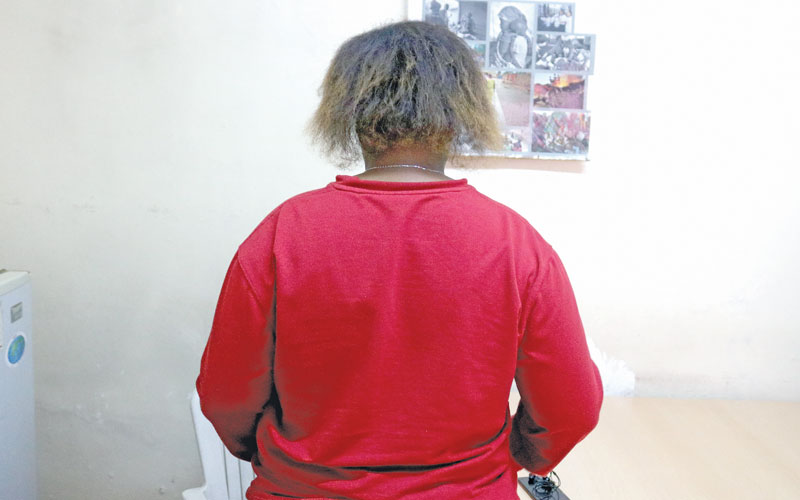Essential nutrients for women at every stage

Women have unique nutritional needs. However, these needs are frequently neglected due to the need to balance demands of school, work or family and media pressure to look or eat a certain way.
They often neglect dietary needs either because they are too busy to eat or put their family’s needs first. This predisposes them to nutritional deficiencies, hunger and low energy.
In childhood and early teens, a girl’s diet needs to be abundant in whole grains, fruits, vegetables, low-fat dairy and lean sources of protein.
The two vital nutrients particularly important at this stage is calcium and iron.
Iron is essential for healthy blood cells and is especially important when menstruation begins.
With each period, women lose small amounts of iron and if stores are not replenished,it may lead to anemia.
Calcium can be obtained from dairy and vegetables such as broccoli and kale.
During childbearing years, vitamin B12 is essential for healthy nervous system development and function and is found in animal proteins and to a lesser extent in dairy.
Folic Acid, a form of B vitamin helps prevent neural tube defects and is rich in leafy green vegetables and can also be supplemented to ensure women during pregnancy get the recommended 400-800mg.
Reduce risk
Omega 3 fatty acids play many roles including on formation of healthy nerve cells and brain and prevention of preterm births. Women who do not plan to have children should still get enough of these healthy oils to reduce risk of heart diseases. They also need choline (a form of vitamin B) and vitamin D as they lower risk of neural tube defects and help absorb calcium respectively.
After menopause, women’s requirements for iron drops and need for other nutrients increases because the body loses some of its ability to absorb and metabolise them. Vital nutrients at this stage include calcium, vitamin B12 and fluids.
Although some bone loss is inevitable with age, the process can be slowed down with vtamin D and calcium. The body’s ability to absorb vitamin B12 declines at this stage and women are advised to consume diets abundant in meats, fish and foods fortified with vitamin B12 and when there is need, supplementation is advised. Fluids is essential because kidneys are less efficient at removing toxins.
Finally, regular exercise and water intake are the cornerstone of good health and optimal energy; therefore, while ensuring intake of each of the nutrients at each stage, it is important to get some regular exercise and drink at least two litres of water every day.
–Winnie Wangare










